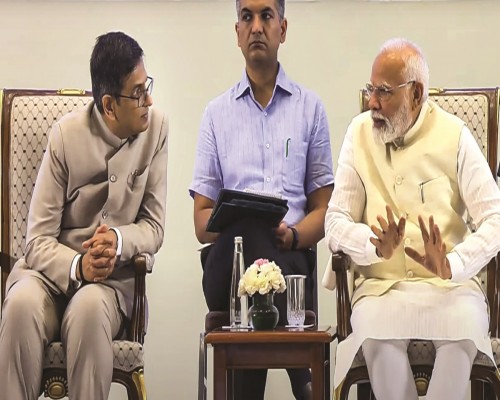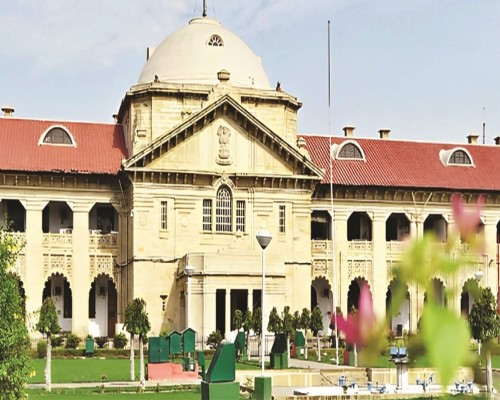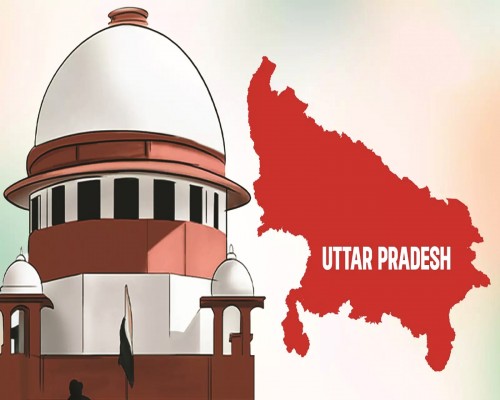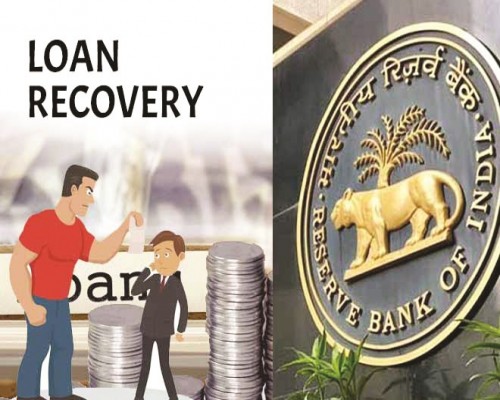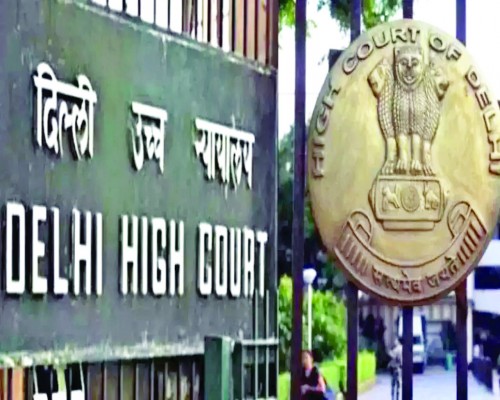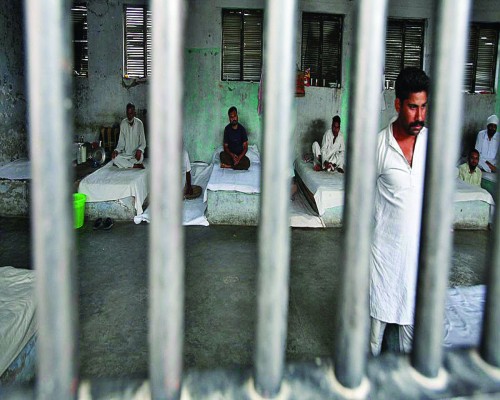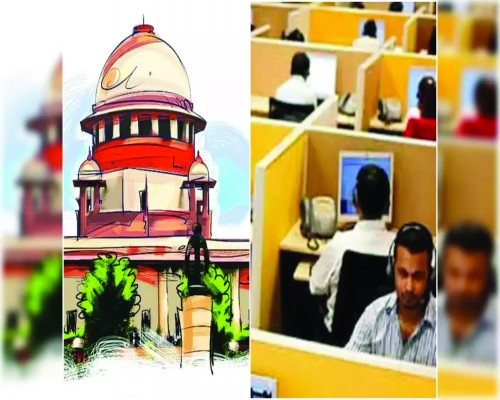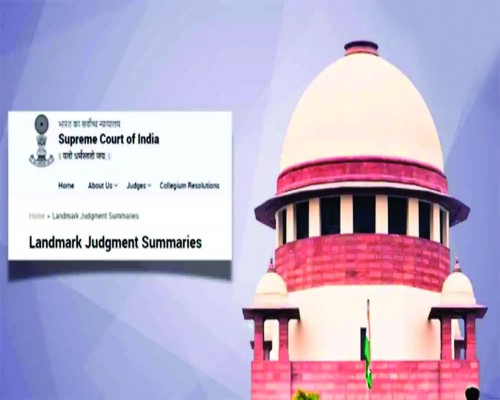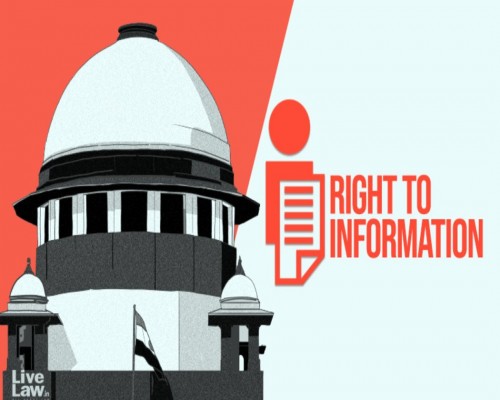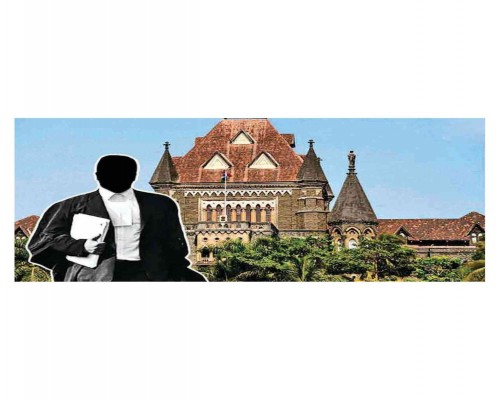Supreme Court: "Police Must Now Understand the Freedom of Expression"
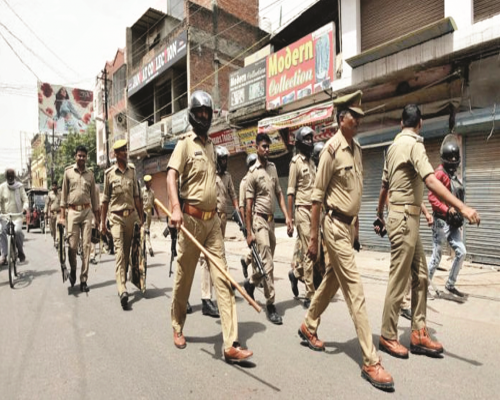
Calls for Sensible Interpretation of Free Speech Rights
The Supreme Court of India has emphasized that even after 75 years of the Constitution being in effect, the police must at least now understand the concept of 'freedom of expression'.
The bench, comprising Justice Abhay S. Oka and Justice Ujjal Bhuyan, was hearing a plea filed by Congress MP Imran Pratapgarhi, who sought the quashing of an FIR against him for sharing a controversial poem on social media. The court granted protection from arrest and called for a rational approach to handling cases related to free speech.
Key Observations by the Supreme Court
• The court highlighted the need to revise the interpretation of free speech laws, particularly under Article 19(1)(a) of the Constitution, which guarantees the right to freedom of expression.
• Justice Oka remarked, "When it comes to freedom of speech, there needs to be a better understanding and sensitivity towards its constitutional provisions."
• The court also noted that before filing an FIR in such cases, the police must consider the context and nature of the statements rather than acting arbitrarily.
Background of the Case
• The case originated in Jamnagar, Gujarat, where a wedding ceremony featured a controversial poem with provocative lyrics.
• The video of the event was later shared on social media, leading to an FIR against the individuals involved, including Pratapgarhi.
• The petitioner argued that the FIR was an attack on free speech, as the poem was merely an artistic expression, not intended to incite violence.
Court’s Direction
• The Supreme Court expressed concern over the police’s frequent misuse of legal provisions to suppress freedom of speech.
• The judges stated that no person should be arrested merely for sharing or reciting content unless it explicitly incites violence.
• The court urged authorities to respect artistic and literary freedom and not misuse legal provisions to target individuals for political or ideological reasons.
Implications of the Ruling
• Strengthens protection of free speech under Article 19.
• Prevents arbitrary police action against individuals expressing opinions.
• Reaffirms that creative and literary expressions should not be criminalized.
This judgment serves as a reminder to law enforcement agencies to uphold constitutional values and avoid unnecessary restrictions on speech. The case is now pending further hearing, with the court's interim protection preventing any coercive action against Pratapgarhi.



